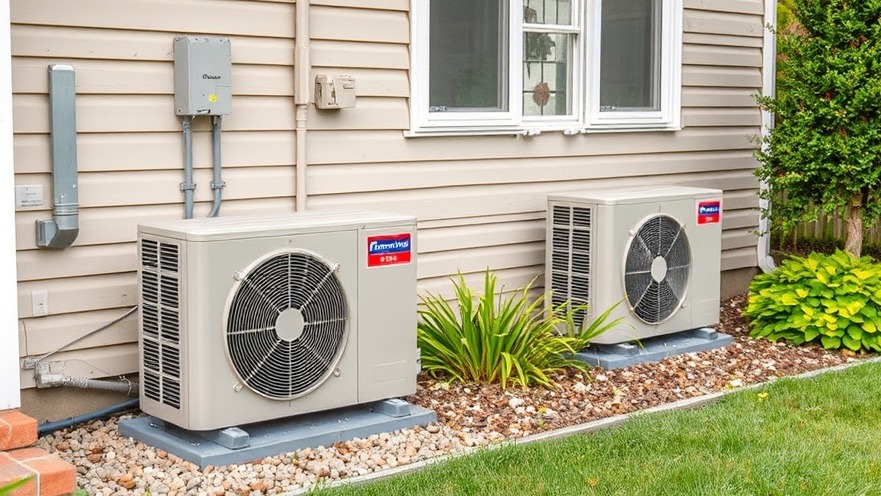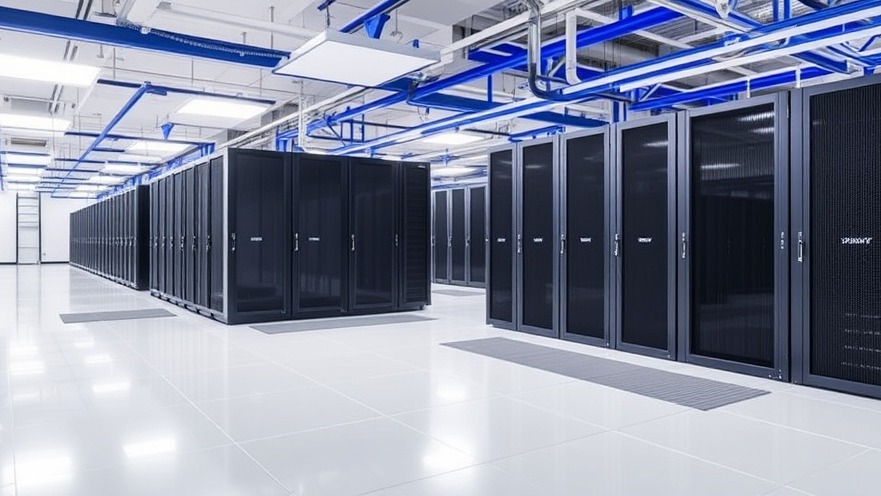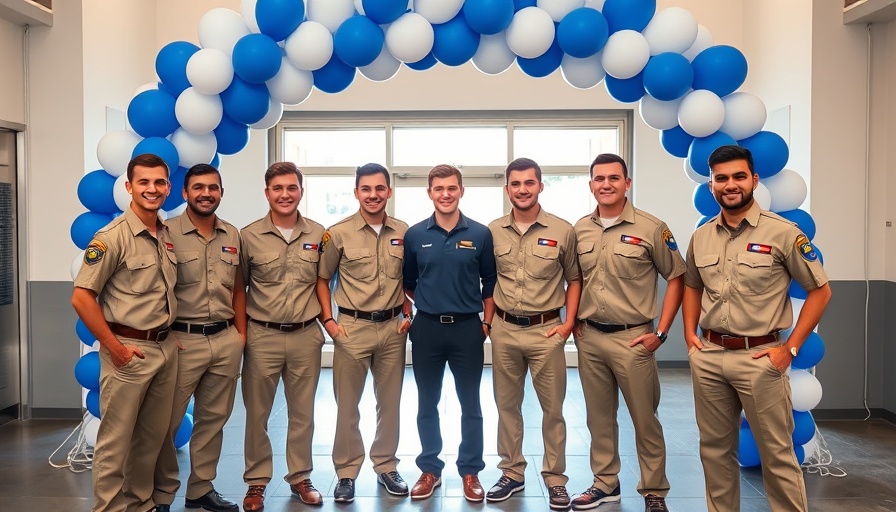
The Future of Sustainable Energy at Weber State University
Weber State University is at the forefront of the shift towards more sustainable and energy-efficient technologies. The university’s ambitious goal of completely electrifying its HVAC systems is not only a strategic environmental decision but also a great example for others looking to reduce their carbon footprint. With approximately 50% of their HVAC systems already converted to electric, the initiative marks a pivotal step toward achieving a greener future.
Understanding All-Climate Heat Pumps
All-climate heat pumps represent a significant advancement in how buildings can maintain comfortable temperatures while minimizing energy consumption. Unlike traditional heating and cooling systems, all-climate heat pumps utilize water as a more efficient medium for energy exchange. This transition not only improves comfort levels but also enhances the overall efficiency of HVAC systems. At Weber State, buildings are outfitted with Mitsubishi Electric Hybrid Variable Refrigerant Flow (VRF) systems, which exemplify this innovative technology that dramatically reduces dependency on refrigerants, easing environmental concerns associated with traditional systems.
Why All-Climate Technologies Matter
The adoption of modern HVAC solutions, like water-source heat pumps, positions Weber State as a model for educational institutions striving to blend sustainability with hands-on learning. The initiative allows students to engage with cutting-edge technology directly. For instance, the university’s Noorda Engineering building features exposed components of the water-source VRF system, catering to academic pursuits in electrical, mechanical, and energy engineering. This setup not only educates but also inspires future engineers to innovate in the realm of sustainable technology.
The Economic Advantages of Sustainable Upgrades
One of the core advantages of installing all-climate heat pumps and transitioning to electrification is the significant cost savings on energy bills. As Justin Owen, Interim Director of Operations, highlights, connecting all buildings to an energy recovery network maximizes efficiency. These savings can then be reallocated into renewable energy sources, such as solar, which enhance the campus's sustainability efforts further.
Exploring Real-World Applications
The installation of the first water-source hybrid VRF system in the SkySuites at Stewart Stadium underlines the practical benefits of these technologies in a high-traffic, dynamic environment. Housing coaching staff offices, press boxes, and club suites, the system proves that these innovations can cater to various high-demand spaces with ease while significantly reducing energy use.
Implications for Homeowners
Homeowners eyeing upgrades to their plumbing and HVAC systems can take inspiration from Weber State’s initiatives. The investment in all-climate heat pumps can lead to substantial energy savings, enhanced home comfort, and a reduced carbon footprint. With growing concerns over climate change and energy sustainability, making the switch to advanced HVAC solutions is both a wise financial choice and a responsible environmental decision.
A Vision for a Greener Tomorrow
Weber State University's commitment to electrification and innovative technologies demonstrates a proactive approach towards achieving sustainability and energy efficiency on campus and beyond. The university sets an example for similar institutions looking to make impactful changes in HVAC performance, showing that through strategic planning and investment in advanced technologies, it is possible to achieve significant environmental benefits while enriching educational experiences.
For homeowners interested in upgrading to more efficient plumbing and HVAC systems, consider the benefits of investing in all-climate heat pumps that promise both comfort and sustainability. Take the first step towards a greener home today!
 Add Row
Add Row  Add
Add 


 Add Row
Add Row  Add
Add 

Write A Comment